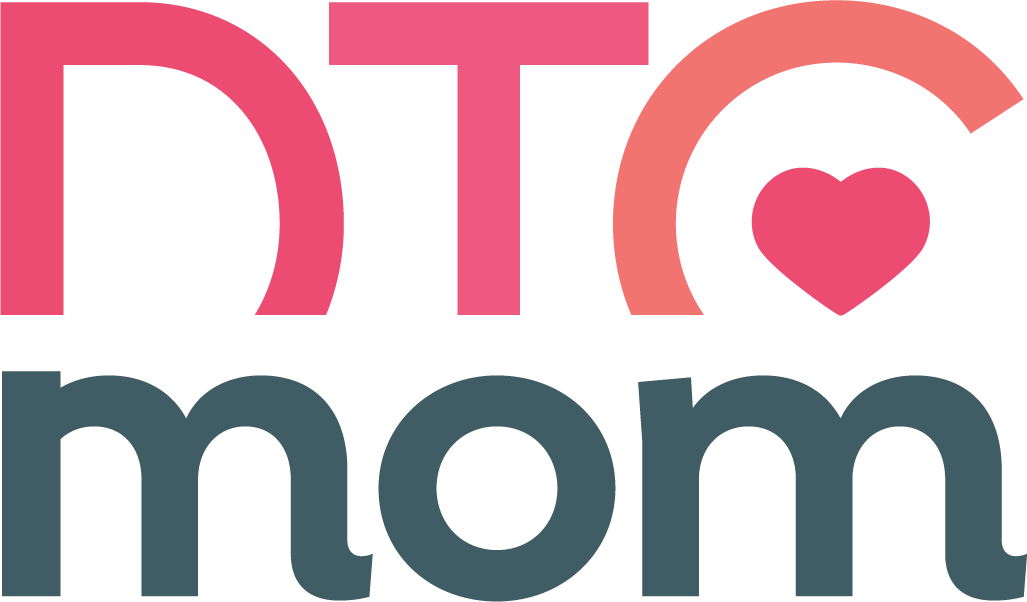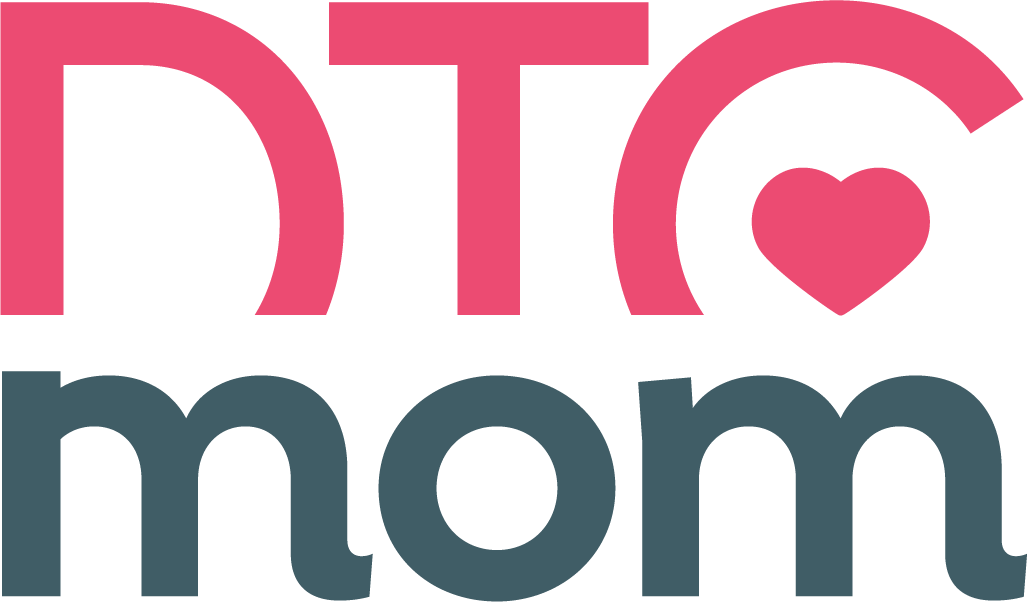Should ecommerce brands use AI writing tools for marketing content?
*Robot voice* Hello. This is Maria. I have a business called DTC Mom. I would love to work with you. I would also like to be your friend. *End robot voice*
Is this what you envision when you hear “artificial intelligence (AI),” like some Smart House-acting lady cranking out robotic sentences that go in circles? We’re more sophisticated than what 1999 imagined for us (but not too far off).
You’re likely already using some type of AI in your regular communications and production of written content. Heck, I am right now (lookin’ at you, Grammarly).
Tools like Jasper, Copy.ai, ChatGPT, and other AI writing tools churn out content already available online but organized differently to make something unique(ish). AI’s language generation models are trained on a large amount of text data and are able to generate human-like text based on the input given to them. This means that a writer or subject-matter expert can provide some basic information about the topic they want to write about, and the AI model can generate a draft of the blog post based on that information.
Will it be completely wonderful without needing edits? Probably not. Will it be good enough to ship with minimal edits? Probably.
But even the creators of AI tools know it doesn’t do all the work for you.
“You still need — and for the most part you probably will for a long time — a human in the loop with this technology because it’s absolutely terrible at creating facts.” - Nick Duncan, Contentbot.AI founder
Read more: What Google’s helpful content update means for parenting brands
AI can help fill up a page, but does it really offer fresh insights your audience wants?
ChatGPT
Copy.ai
Not too shabby.
Here's the thing: AI is a technology—not a human—and works by digesting the information available online. Don't think it will help you completely zero down on the manual work. Even when you use it, you'll have to edit the content.
Use cases for writing AI
There is a time and place for AI-created copy and content. If I were an ecommerce business (especially with a small marketing team or limited budget), I would use the help of writing AI for:
Product descriptions
Outlines for blog posts
Copy ideas for campaigns and social media posts
FAQs
Customer service scripts
When to skip AI tools
Here’s when I wouldn’t use AI content as an ecommerce brand:
Interview-based content (e.g., Q&As or event summaries)
Foundational brand content, like your founding story
Team bios (unless it’s to rewrite them in a more organized format)
Copy and content requiring deep expertise (e.g., how-tos and product details)
Professional communications (please, be yourself!)
Most PR that requires a tailored approach to the publication
Here's the thing: AI is a technology—not a human—and works by digesting the information available online. Don't think it will help you completely zero down on the manual work (especially when originality matters). Even when you use it, you'll have to edit the content.
Hiring (good) writers
When push comes to shove, AI writing assistants are more gadgets for your marketing toolbox. Talent still beats tools (or is at least needed to maximize their use), so it’s still important to hire good writers to get great content. Why?
We’re experts in our niche (mine is parenting brands) and differ from generalists who may write on a wider range of topics.
We understand the context and the goal of content within a strategy.
We research beyond Google. (e.g., I know the people behind tweets or where to go in the industry for more oomph).
We have a journalism mindset vs. a fact-finding machine.
🔥 My take: Absolutely jump on the AI tool train. It may replace lower-tier writers for average content, but we still need good marketers, copywriters, and original thinkers to write excellent content.
I love this prediction from my friend and fellow expert in copywriting and ecommerce, Ashley Cummings:
“Marketers will use these tools to generate generic and boring content. Smart marketers will use these tools to generate ideas to tweak.” - Ashley R. Cummings
We’re still in the early stages of AI tech overall, specifically for creative services like writing and design. I’m personally finding AI useful during brainstorming and outlining processes (aka to “get something on the page”). The accuracy of data and par level of content isn’t enough to get ahead, though.
As AI technology continues to advance, originality will win.
Note: With Google cracking down on identifying and penalizing AI-generated content, search engine optimization (SEO) implications of these tools are changing rapidly.
Are you using AI in your content creation process? Let me know your favorite tool and what’s working for you!




